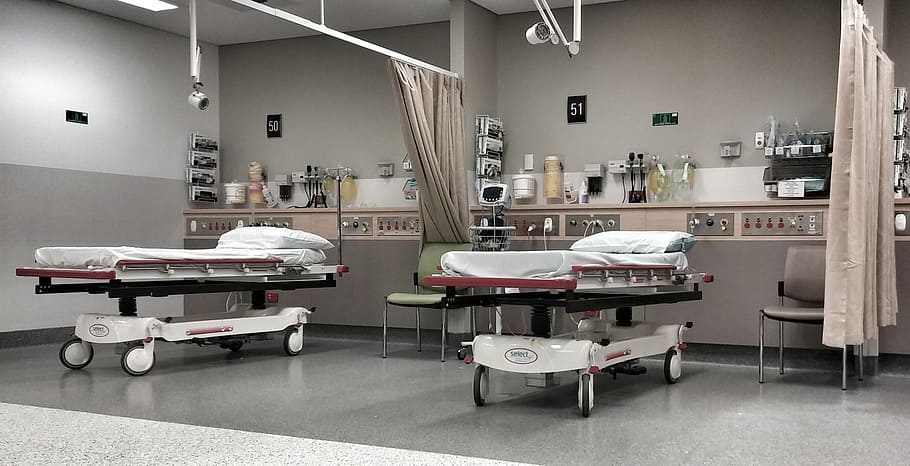
In mid-April, as the medical world braced to contain the incoming flood from the coronavirus pandemic, doctors and patients alike were concerned about the disruption of preventative and elective health care. For some, the gap in visits was dangerous – newly diagnosed cancer patients had treatments cancelled when outpatient clinics were forced to close; early intervention measures and screenings of all types were put on hold. Virtual care, while a viable alternative for some, did nothing to address the number of surgeries and procedures that were left in limbo while hospitals restructured to meet pandemic exigencies. Healthcare workers feared that the consequences of delayed care might be severe.
But as time went on, something odd happened – a vast majority of patients whose care had been put on hold were doing just fine. Why? This is something the science community will be asking for years to come. There is no simple answer, because so many things changed at that point, and they all changed at the same time. Statistics by themselves can be misleading – visits to emergency rooms for heart attacks and strokes were down, but this may have also been due to patients’ fear of contracting COVID-19. But my friend Dr. H told me that there were also decreased admissions to the hospital for heart attacks and strokes, which for the most part isn’t a decision that is up to patients. He suggested that the lower rate could also be because people were staying inside and not pushing themselves. “They aren’t putting themselves in danger by drinking and driving a car or just getting stressed out.” Many people got to spend time away from work, at home with family, which helped balance the uncertainty of the times. But those on the front lines faced conditions akin to those of a live combat zone. It was a time of great contrasts.
In a June 22, 2020 article in The NY Times, cardiologist Dr. Sanjeep Jauhar opened a complex can of worms with this perspective – “There is a more troubling explanation to consider: Perhaps Americans don’t require the volume of care that their doctors are used to providing. It is well recognized that a substantial amount of health care in America is wasteful, accounting for hundreds of billions of dollars of the total health care budget.”
There is something to think about as our healthcare facilities gear up to reopen. The toll that the pandemic has taken economically on the American medical industry is astronomical. The elective surgeries and procedures that had to be cancelled were a major money maker. Hospitals were forced to cut back on hours and furlough employees; some doctor’s offices, unable to sustain their overhead and payrolls with no income, were forced to close. They are all strongly motivated to get back to business as usual, but Dr. Jauhar has other thoughts: “If beneficial routine care dropped during the past few months of the pandemic lockdown, so perhaps did its malignant counterpart, unnecessary care. If so, this has implications for how we should reopen our healthcare system. Doctors and hospitals will want to ramp up care to make up for lost revenue. But this will not serve our patients’ needs.”
A friend of mine had an interesting experience during lockdown with a serious back problem. “Steve” had been in pain on and off for 35 years and had degenerative disc disease. Nothing, not even stem cell injections, had helped. He ruptured a disc on New Year’s Eve 2020 and when steroid injections had no effect on the pain, his doctor scheduled a micro discectomy in March – then the pandemic hit. By the time Steve could schedule the surgery again, his doctor ordered a new MRI only find the ruptured disc 80% healed. It is just one story of many, but in this case, Steve did more than wait – he got the book, Back Mechanic, by Dr. Stuart McGill, and followed the program faithfully. This raises a point – making our own effort is something too many of us leave out when we believe that a surgery or procedure is going to do it for us. The restrictions of the pandemic gave many of us a motivation we never had before, and we rose to the occasion. It is one silver lining in this massive cloud.
Our society is doing a lot of restructuring right now, because we have a new normal to live. Times of great upheaval can also provide opportunities for great change. As the healthcare system begins to open up, both doctors and patients need to consider carefully whether postponed surgeries are really necessary and learn some new tricks to tip the scales. Our bodies do have the ability to heal themselves – let’s give them a little more help.
For the full Times article visit nytimes.com/2020/06/22/opinion/coronavirus-reopen-hospitals.html


